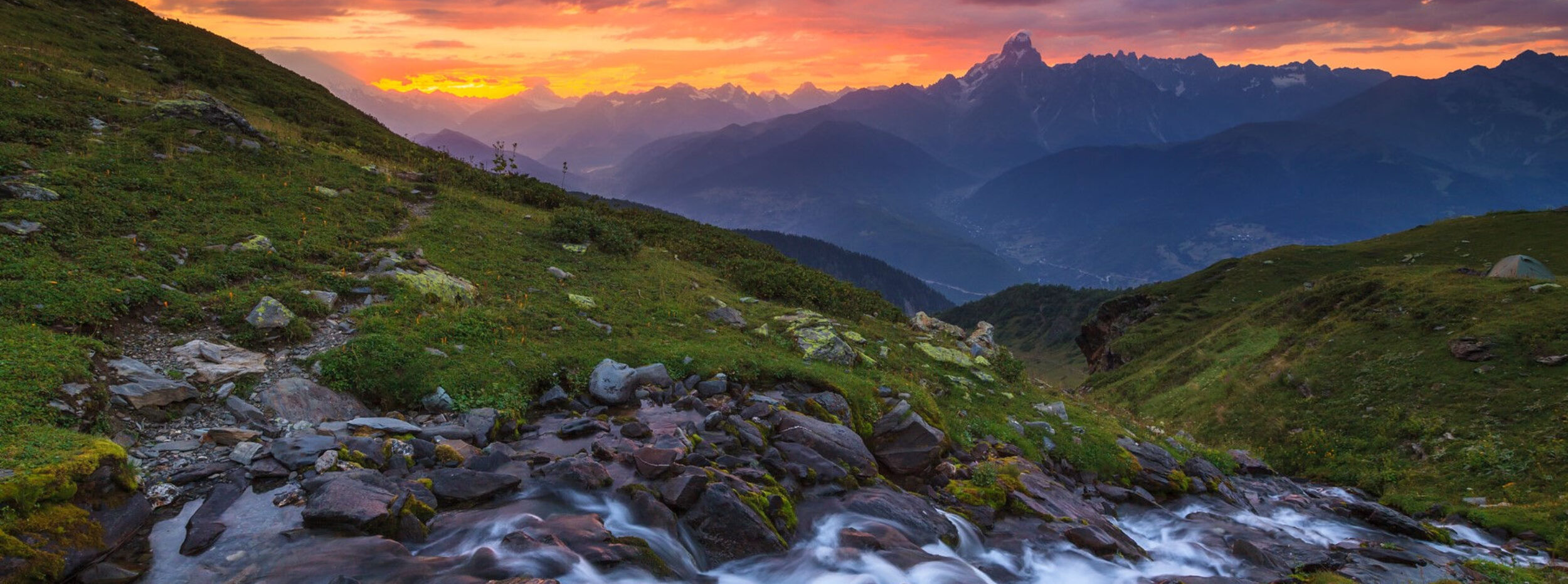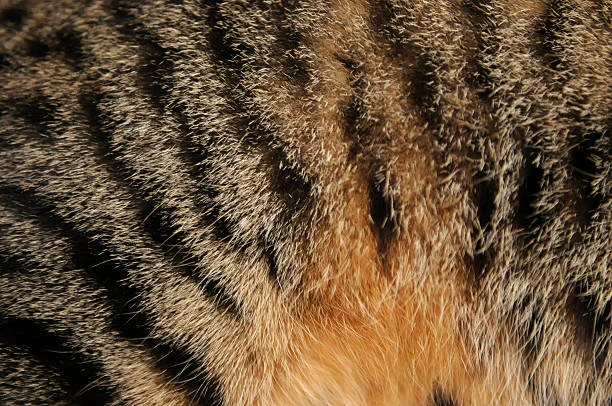Indigeneity isn’t an identity to appropriate, but a world view to remember, a gift that rests within each of our bodies and psyches from the time our personal ancestors lived in conversation with the land.
Enjoy this 10-minute read or the audio file at the top of my webpage here.
This is the tip of the proverbial iceberg. There is so much more under and woven through these words, but to not understand it all is not a reason to not speak what has been revealed. In truth, we are only ever permitted to see a tiny fraction of reality: only what we need for the next step, and only when we are willing to let that step be about everything.
When I speak about the “indigenous”, I do so in the spirit of Tyson Yunkaporta. I do not refer to any specific culture or tradition, and will be the first to admit my knowledge of them doesn’t extend beyond hearsay and anecdote. What I do claim to have a shadow of insight into is what it means to return to our roots, no matter how far back we must trace our bloodline, to the threshold our personal ancestors crossed from a living conversation with the land to a reliance on commerce.
Indigeneity understood this way isn’t an identity to appropriate, but a mindset and world view to remember, a gift that rests within the sediment of each of our bodies and psyches. It is our most powerful survival strategy and greatest cultural inheritance, orienting us within an ever-present and ever-changing field that recognizes, honors, and lives from the interdependence of all things, seen and unseen.
The indigenous languages of Australia – and perhaps many other places – are different from modern languages. They don’t have words for nature or words that differentiate humans from animals. Having these words would imply these concepts are separate, distinct things when they are not. To see the world in an indigenous way is to recognize each entity simply as a being in a different form. And perhaps not even as distinct entities, but as movements of becoming constantly in flux with each other, birthed from and returning to the landscape; an expression of it as a wave expresses the sea.
I would like to adopt an indigenous mindset that also lacks a distinction between physical and metaphysical. Beings exist whether they have a body or not. Grandma is still here even if she doesn’t have a body. The tree has a presence even when it is cut down. Animals have essential spirits of wisdom, and many beings have never had and will never have a body at all. They are all real, tangible, practical, and necessary aspects of life if we are willing to perceive and engage them.
I can’t imagine addiction occurring if such a worldview is taken in as embodied truth. For me, addiction is compulsive behavior (including thought and feeling) that causes harm to self and Other, as well as the choice to not do what cultivates health and wellness on physical, emotional, mental, and spiritual levels. Modernity seems defined by self-obsession, aggression, distraction, numbing, and destruction of our physical health, emotional wellness, integrated mind, spiritual connection, and communal interdependence.
Indigeneity, in contrast, doesn’t distinguish between self and other in the ways we’ve been taught. When all beings have equal value, hurting another is hurting oneself, and hurting oneself is hurting the one we love and rely on. When I am an expression of the land, I am never cast out, abandoned, or isolated. These are not new ideas. But as long as they remain ideas, they are useless.
We must learn to use the mind not just as a tool for rational intellect, but as a tool of receptive integration; to view the body as a vehicle for experience, and as a barometer of truth; to perceive the heart as a source of pleasure and pain, and as an organ of sight. When we remember how to use our faculties rightly, we regain right perception of life. But we must use them in collaboration with the very thing we’ve separated ourselves from: “nature”.
Wanting to see the truth about ourselves and our lives, and reconnect with what we really are as human beings, starts with having enough love or enough pain; often both. We must fall in love with ourselves, a person, an idea, a tree, a meadow enough to do whatever it takes to sustain its wellbeing. Or we must be thrust into such profound suffering that we will do anything to end the pain. Often this love and this pain are interconnected – bound up in our awe and reverence for something threatened or held at a distance. The momentum of that heat is what moves us through a deeply disorienting shift of perspective.
Secondly, we need to be willing to believe that something else exists beyond us: something that can understand and do what we cannot, something wiser, more comforting, and more potent than we are. We have to stop believing we, as individuals or as a species, are the sole perpetrators of our trouble or the sole saviors in our predicament. We are not. We never were, and we never will be. We are an expression of the land, of the elements, of the ancestors, of life itself. Believing ourselves separate led to the fear of extinction, enabled us to exploit and annihilate without (conscious) remorse. Remembering we are not separate – no better or worse than anything in the flow of becoming – brings us home to our birthplace within the dream of the earth.
Lastly – and forever – we must remember how to live in right relationship with all the things that sustain and hold us. We must be willing to face the shame and horror of what we have done to ourselves, others, and the land for the generations of our forgetting. We must be willing to believe that all these Others are capable of a staggering degree of compassion and forgiveness that we ourselves have lost the capacity for in our disconnected and therefore withered state. We must receive the wash of that love as a balm that cleanses and loosens all the armor and wounds, enabling us to return to our original shape and essential way of being. And we must learn to look – always – to these things for ongoing rehabilitation as our inner terrain is gradually transformed and we begin to move in the world with new calls and markings.
This takes courage. It takes humility. It takes a profound sacrifice of what we – sooner or later – realize we never needed at all. It takes faith – and trust – that we are worthy and capable of redemption, of returning, of being an instrument of evolution itself adapting, recovering from near calamity. All of this strength and capacity is possible because it is not ours. It is Ours. All we have to do is admit we need it, ask with innocent sincerity, and open ourselves to receive and be led through whatever we encounter.
Recovery – whether from sugar or screen time or fantasy or weed or shopping or western civilization itself – is something far simpler and harder than we ever imagined. All it takes is remembering we never left the land. It’s beneath our feet. We consume it with every bite. It receives our compost, our grief, our bodies when they die. But to remember this, we must endure the burning away of the falsities we cling to. We must make of our bodies and minds a crucible capable of withstanding the heat of transformation. Then we emerge with a new skin that – like any feral creature – knows the nudge of intuition, the wisdom in encounters, the invitation in the seasons, the voice of the land. Standing secure in our rightful place, we feel both a new grace and a new pain: that of the collective.
It’s not about going anywhere, learning anything, becoming anything. It’s about listening to and receiving what is already within and around you. It’s about being willing to suffer the silence and stillness until life sprouts through you like the reeds of the marsh and you suddenly find yourself amid a flock of redwing blackbirds at dusk, riotous with song. This is the birthright of every human that can still be ours and must be ours for us all to survive.
Weaver
Tyson Yunkaporta: https://goodliving.com/podcasts/sand-talk-changing-the-world-through-indigenous-knowledge-with-tyson-yunkaporta/
Chellis Glendinning: https://www.resilience.org/stories/2024-06-25/the-addiction-afflicting-billions-a-conversation-with-chellis-glendinning-on-ecopsychology-and-addiction-recovery/
Discover more from InnerWoven
Subscribe to get the latest posts sent to your email.

